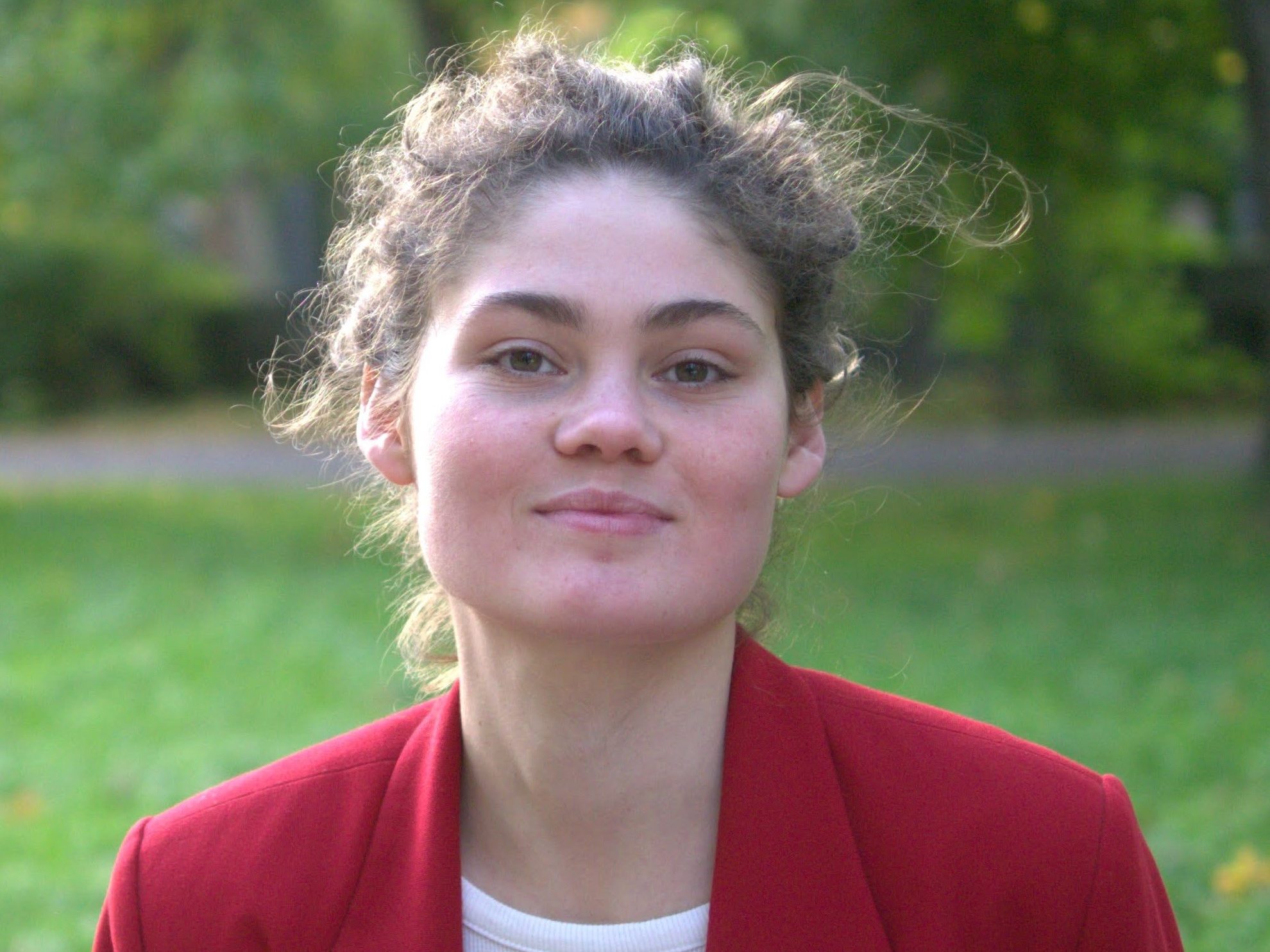
The Swedish presidency is being criticized for wanting to remove an article in the EU’s nature restoration regulation that gives citizens the right to take the state to court.
– “This contributes to a very dangerous development,” says Ida Edling of Miljöjuristerna.
The EU’s Nature Restoration Law is currently being negotiated in the Council of Ministers. Sweden hopes to conclude the negotiations during its presidency.
In a leaked revision of the legal text, the Presidency has deleted Article 16. The article makes it mandatory for all Member States to provide the possibility for environmental organizations, and persons directly affected by decisions concerning nature restoration, to take the state to court.
– Article 16 is an important strengthening of the legal standing of environmental organizations in the EU, which is a key element of environmental democracy. The idea is for those affected to have their voices heard,” says Ida Edling, spokesperson for the Environmentalists and the Aurora case.
The Council wants to move Article 16 to the background of the law, the preamble, which has no binding effect. ENDS Europe was the first to write about this.
In an open letter from several environmental organizations to the Swedish presidency and EU ministers, the Swedish presidency is criticized for pushing for this. Aurora, among others, signed the letter.
“Getting worried”
The right to information, participation in decision-making processes and access to justice are regulated by the UN Aarhus Convention, which the EU has ratified. The first two have their own EU directives, while access to justice does not.
– “Ideally, we would like to have a separate directive for this, but for now we hope it will be incorporated into laws such as the Nature Restoration Law,” says Ida Edling.
But won’t it be superfluous, given that the right to judicial review is included in the Aarhus Convention?
– “It is true that it is there, but it is not clearly stated in EU law. So it’s not a valid argument if you look at how the EU has dealt with the rest of the Aarhus Convention – i.e. implemented it in EU law.

The European Court of Justice has recognized the environmental NGO’s right to speak by taking up environmental cases. Ida Edling still believes that Article 16 had contributed to strengthening the right to speak when it comes specifically to goals related to the restoration of nature. Now it is more open to interpretation, she says.
– “We have no concrete rule in the EU that says we have that right. It would be very important to include it in order to make environmental protection more effective – environmental organizations have a significant role in this. We should be able to influence decisions, how they are implemented and challenge and appeal them,” she says.
– “It should be an obligation for states to provide that access.
How did you react when you saw that it was crossed out?
– “I am worried because, especially in Sweden, we have seen attacks to undermine the legal standing of environmental organizations in other places as well. All the ways in which environmental NGOs’ rights are being weakened contribute to a very dangerous development.
“It’s urgent”
The European Environmental Bureau (EEB) wants the regulation to be in place as soon as possible – before the EU elections next year. However, Sergiy Moroz, policy officer at the EEB, is concerned that the legislation could be weakened as a result.
– “It’s urgent, the regulation has to be ready. But they are using it to say that there is no time to look for other options. They say they have to agree on the lowest common denominator,” he says.
Ida Edling believes that the outcome of the negotiations is crucial for associations like Aurora and Miljöjuristerna.
– “Without standing, we lose the opportunity to hold environmental villains accountable in court,” she says.
“We have sent questions to the Minister for Climate and Environment, Romina Pourmokhtari, but have not received an answer.
By: Ella Daneshmand, Sandra Daniel, Heino Ollin, Peter Seenan
This article is part of “Crossborder Journalism Campus”, an Erasmus+ project of the University of Gothenburg, Leipzig University and Centre de Formation des Journalistes in Paris. Additional reporting: Suzanne Vink
- Sweden abandons EU targets on biodiversity – draws strong criticism
- Sverige överger EU-mål om biologisk mångfald – väcker stark kritik
